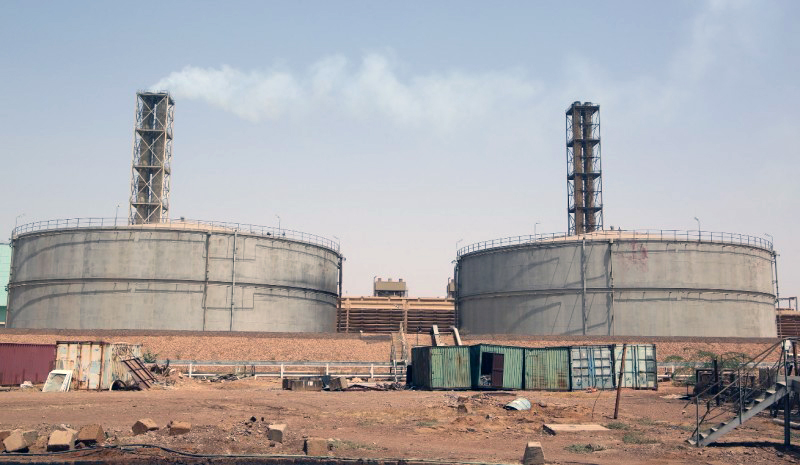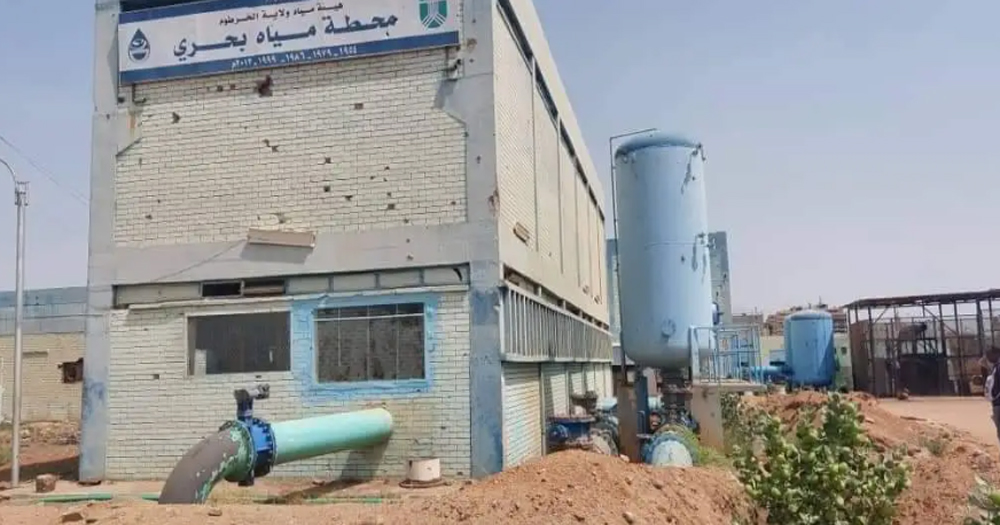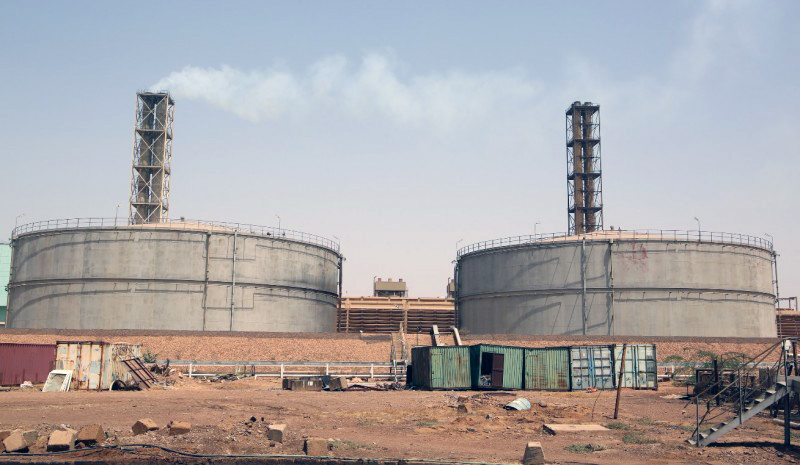
Bahrī Water Station: The First War Crime in the Battle of the Two Generals
Al-Asmāī Bashari
After more than four months since the start of the war between the Sudanese army and the Rapid Support Forces (RSF), the International Red Cross Committee revealed in press statements that the first war crime committed by both parties was the disruption of the Bahrī water station from the very first day.
The committee stated that it is working to facilitate the access of electricity workers to repair the power lines connecting the sub-stations and the main station of Bahrī for water treatment. They urged everyone to preserve the infrastructure to keep civilians alive.
According to technicians associated with the station, during the early days of the war, it suffered significant damage due to the clashes that erupted in Bahrī. The filtration basins and water pumping mechanisms in the internal lines were destroyed.
The Bahrī water station covers more than 75% of the residential neighborhoods in Khartoum Bahri, in addition to residential areas in downtown Khartoum and Riyadh in Khartoum city.
Millions of residents of Khartoum and Khartoum Bahri have been displaced during the past four months of the Khartoum war due to security conditions and the lack of water and electricity services.
The Bahrī water station became one of the battlefields between the two parties and a military zone for sniper positions.
On the second day of the Khartoum war, the State Water Authority announced its suspension due to operational failure and the spread of RSF forces in its vicinity.
After more than two months of the war, the RSF announced that it was facilitating the operation of the Bahrī water station and facilitating the access of the International Red Cross and the engineering team to evaluate the stations malfunctions for repair.
According to a statement issued at that time, the engineering team, accompanied by RSF forces and the human rights unit, arrived at the station site, examined the malfunctions that caused water disruption to most of Bahri citys neighborhoods. They confirmed the presence of minor repairable malfunctions in a short period and continued efforts to complete maintenance operations for stable water supply.
The RSF confirmed providing protection to the engineering team during the maintenance operations.
However, the Sudanese State Water Authority quickly denied what the RSF statement claimed, stating that their engineering team was unable to access the station due to fears of RSF snipers deployed in buildings around the station.
The water shortage in Bahri city remained a point of contention between the warring parties in Khartoum throughout this period. Human rights activists have described it as a fully-fledged war crime, punishable under international law, as it represents violations against civilians access to basic services during conflicts.



